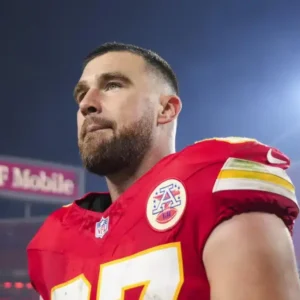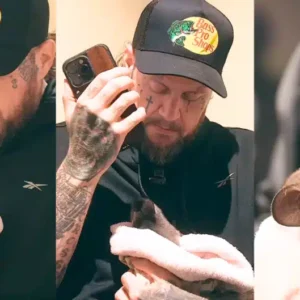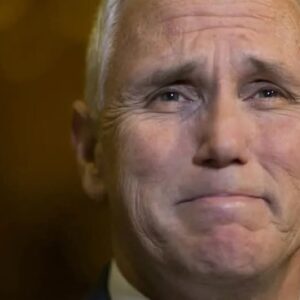Quinta Brunson, the acclaimed actress and creator of “Abbott Elementary,” recently highlighted the lack of diversity in the beloved sitcom “Friends,” stirring a conversation about representation in media. “Friends,” celebrated for its humor and relatability, has long been scrutinized for its predominantly white cast, particularly in the bustling, diverse backdrop of Manhattan.
Brunson’s critique came during her stint as host on “Saturday Night Live,” where she humorously compared her show to “Friends,” noting, “It’s a network sitcom like, say, ‘Friends.’ Except, instead of being about a group of friends, it’s about a group of teachers. Instead of New York, it’s in Philadelphia and instead of not having Black people, it does.” This comment underscores a broader discussion about inclusivity and representation in television programming.
The conversation around “Friends” and its diversity, or lack thereof, isn’t new. Aisha Tyler’s character, Charlie Wheeler, stands out as a rare example of a Black character with a significant role on the show. Tyler’s own reflections on her character highlight the show’s challenges with diversity; she’s often recognized as the “Black girl from ‘Friends,’” which underscores the singularity of her role amidst the show’s extensive run.
The issue gained further attention during the “Friends” reunion special, which notably did not include significant non-white characters from the show, such as Phil Lewis and Gabrielle Union. The absence sparked debates and discussions on social media and in entertainment circles, highlighting a missed opportunity to address past criticisms.
Marta Kauffman, one of the show’s co-creators, has publicly addressed the criticism. In a move signaling reflection and a commitment to change, Kauffman donated $4 million to fund an endowed chair for the African and African American studies department at her alma mater, acknowledging her learning journey regarding systemic racism and expressing embarrassment over her past unawareness.
The “Friends” cast has also weighed in on the conversation. Lisa Kudrow defended the show’s creators, suggesting that they wrote what they knew, while Jennifer Aniston acknowledged that a new generation might find the show offensive, pointing to evolving societal standards and expectations around diversity and representation.
Brunson’s commentary on “SNL” not only served as a critique but also highlighted her proactive approach to representation. By creating “Abbott Elementary,” she has not only addressed a gap in diverse storytelling but also showcased how to embed inclusivity organically into a show’s narrative, setting a precedent for future productions.
As conversations around diversity in media evolve, critiques like Brunson’s serve as vital catalysts for change, urging creators to reflect on their work’s societal impact and the messages they send about inclusion. While “Friends” remains a cultural touchstone, its scrutiny reflects a growing awareness and demand for media that mirrors the diversity of its audience, fostering a more inclusive entertainment landscape.




